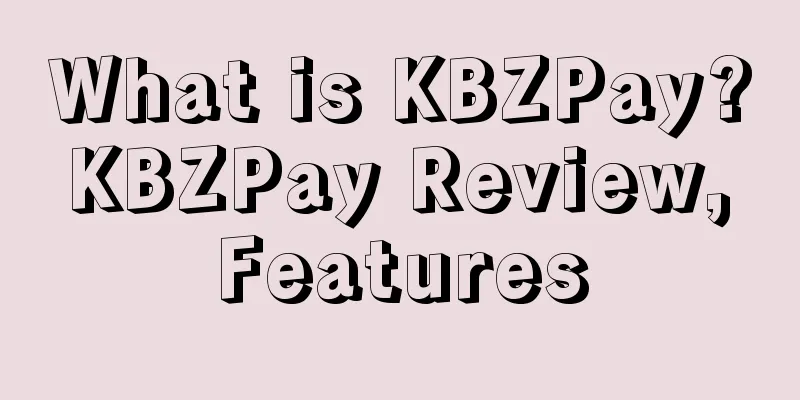India's social e-commerce market is expected to grow to $20 billion

|
Social e-commerce is an emerging e-commerce model in recent years. Social e-commerce adopts the "social + e-commerce" model, that is, relying on various social software to sell products. In social e-commerce, one type is the micro-business model that relies on closed social applications such as WeChat and WhatsApp to convert private domain traffic. This model relies more on word of mouth among acquaintances, and micro-business is a typical representative.
The other type is the internet celebrity economic model that relies on open social platforms such as YouTube, Facebook, and Instagram to convert public domain traffic. This type of e-commerce model relies on the celebrity effect, creates a personal image through marketing to attract fans, and then converts fans into loyal consumers. A typical example is Douyin live streaming.
The social + e-commerce model is the future trend of the development of the e-commerce industry, and China's social e-commerce model has relatively been at the forefront of the world and has provided reference and experience for other countries. Now, India's social e-commerce is replicating China's social e-commerce path.
The scale of social e-commerce in India is growing rapidly. According to Indian media reports, the scale of India's social e-commerce market is currently between US$1.5 billion and US$2 billion, and in the next five years, this market may grow to between US$16 billion and US$20 billion.
The rapid development of social e-commerce in India is closely related to the growth of the user base of Indian social apps. According to statistics, WhatsApp has 530 million users in India , YouTube has 448 million users , Facebook, Instagram and Twitter have 410 million , 210 million and 17.5 million users in the country respectively .
The massive social e-commerce user group has laid the foundation for the development of social e-commerce in India. Relying on these users, social e-commerce in India has developed rapidly.
Currently, India has social e-commerce platforms such as Meesho, Shop101, and ShopG. In terms of business model, these platforms rely on WhatsApp and sell products through distributors. In terms of business categories, these platforms mainly focus on clothing, shoes, etc.
In addition to the above platforms, India's social e-commerce giant Flipkart is also trying the social e-commerce model, trying to drive traffic to the platform through social media.
Although the current scale of social e-commerce in India is not large, it will occupy an important market share in the next few years, and sellers should seize the opportunity. Cross-border e-commerce E-commerce platform E-commerce market |
<<: Online GMV reaches $6.7 billion, Best Buy accelerates omni-channel transformation
>>: Walmart removes $35 minimum order requirement for two-hour delivery service
Recommend
What is AOPAI Technology Logistics? AOPAI Technology Logistics Review, Features
Shenzhen Anoupai Technology Logistics Co., Ltd. (&...
What is homeplus? homeplus Review, Features
homeplus brings more to customers and creates an e...
What is Yuanbo E-commerce? Yuanbo E-commerce Review, Features
Yuanbo E-commerce Service Co., Ltd. was establishe...
Instagram releases 2022 Annual Report, the latest trends in beauty and fashion are here
Recently, Instagram surveyed 1,200 social users a...
Amazon aggregators are laying off employees, what is the future of brand acquisitions?
As a cross-border person, when talking about the ...
FedEx and Microsoft collaborate to launch new cross-platform logistics solution
FedEx and Microsoft announced new commerce, suppl...
Anker and SHEIN invested in an Amazon category sales champion
In the cross-border e-commerce market crowded wit...
What is Parsian E-Commerce? Parsian E-Commerce Review, Features
Parsian E-Commerce is the online banking subsidia...
What is Tianjin Youtong International Supply Chain Co., Ltd.? Tianjin Youtong International Supply Chain Co., Ltd. Review, Features
Tianjin Youtong International Supply Chain Co., L...
Net profit surpasses Anker! Another big sale joins the "10 billion club"
While the revenue is considerable, the profits of...
AliExpress semi-hosting is fully launched, orders increase, sellers increase inventory
"After joining the semi-hosting, it is commo...
What is GoAllPay? GoAllPay Review, Features
GoAllPay is an aggregated payment service platform...
Tsunami warning in effect, Southern California piers closed
Recently, the Tonga volcano eruption has attracte...
Multiple Amazon warehouses are overwhelmed, and a group of sellers are unable to ship goods
Amazon's system seems to be acting up again. ...
A former senior executive of Zebao started a business and became the number one in the red ocean market!
Fast-paced life and high pressure are common prob...









